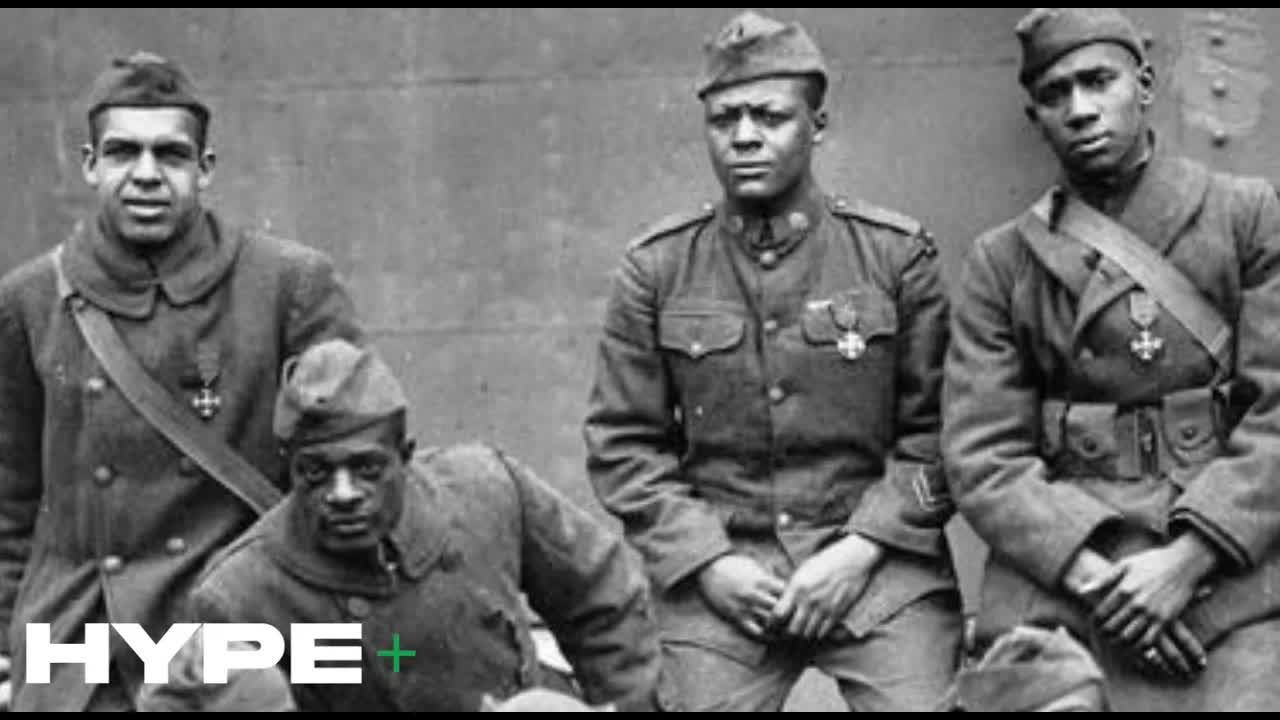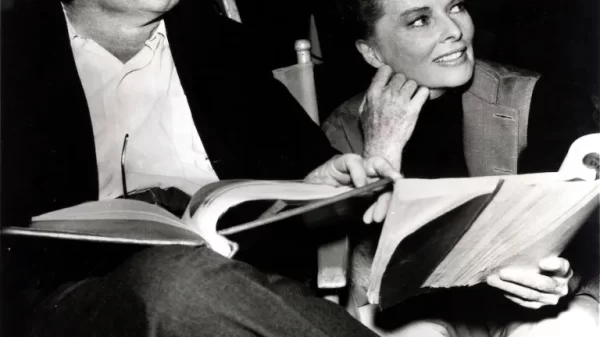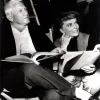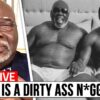In the realm of social psychology, stereotypes are ingrained beliefs about specific groups of people that often lead to prejudiced attitudes.
The notion that all black individuals have an affinity for Hennessy may seem prevalent, thanks to targeted marketing strategies and its association with hip-hop culture.
However, the roots of Hennessy's connection with the black community stretch far beyond recent decades, reaching back to the 1940s, 50s, and 60s when it distinguished itself by marketing to black consumers without resorting to racist stereotypes.
During the 16th century, Dutch merchants pioneered the distillation process by aging wine in oak barrels, creating what was known as burnt wine or brandywine, from which the term ‘brandy' originated.
Richard Hennessy established the Hennessy Cognac Distillery in 1765, recognizing the lucrative potential of trading alcohol, particularly cognac, which gained popularity not only in France but also across the British Empire.
By the 1840s, Hennessy had become the world's leading brandy exporter, expanding its reach to London, Dublin, and Flanders.
In contrast, whiskey dominated the American alcohol market since the Revolutionary War, with brands often resorting to racially insensitive advertising to cater primarily to white consumers.
The discriminatory practices of whiskey companies during World War II, as highlighted by author Christine Sismondo, underscored a pervasive bias against the African American community.
These companies perpetuated offensive stereotypes in their marketing campaigns, reinforcing segregationist attitudes.
The shift towards cognac among black Americans gained momentum when soldiers returning from Europe after World War II favored cognac over whiskey.
Feeling undervalued and marginalized in their own country, black soldiers found solace in cognac, viewing it as a symbol of international sophistication and respect.
Journalist Bianca Holman emphasized how returning soldiers introduced cognac to their communities, sparking a word-of-mouth trend that gradually permeated black culture.
Hennessy's deliberate targeting of the black audience took a significant turn in the 1960s when Herb Douglas, a bronze medalist in the 1948 Summer Olympics, joined the company as vice president of urban marketing.
Douglas advocated for authentic and respectful advertising in black publications like Ebony and Jet Magazine, deviating from the prevailing trend of caricaturing black individuals in alcohol ads.
This strategic shift marked a pivotal moment in Hennessy's relationship with the black community.
By engaging influential figures such as Nas, Erykah Badu, Josephine Baker, and Rihanna as brand ambassadors, in addition to becoming the first corporate sponsor of the NAACP, Hennessy solidified its position as the preferred alcohol choice among African Americans.
The brand's commitment to supporting black initiatives and fostering young black leaders through programs like the Hennessy Fellowship Program exemplifies its dedication to community development and empowerment.
Despite Hennessy's substantial presence in the black community and its extensive use of black figures in marketing campaigns, there remains a disconnect in terms of ownership and financial stake among black individuals.
Jasmine Daly, co-owner of Halftime Sports Bar, expressed a desire for greater black representation in the brand's ownership structure, highlighting the need for more equitable participation and support within the community.
The intersection of hip-hop culture and Hennessy further propelled the brand's popularity, with influential artists like Tupac, Busta Rhymes, and Nas incorporating references to Hennessy in their music.
Hennessy's strategic partnerships with renowned rap artists and its celebration of cultural icons have cemented its status as a symbol of luxury and sophistication within the black community.
As black consumers continue to shape trends across various industries, Hennessy's enduring appeal and strategic branding initiatives have positioned it as one of the top-selling spirits, reflecting the immense buying power and influence of the black demographic.
The brand's success story underscores the significance of authentic engagement, cultural relevance, and community investment in fostering lasting connections with diverse audiences.
In a landscape where representation and empowerment are paramount, Hennessy's legacy serves as a testament to the transformative power of inclusive marketing, genuine partnerships, and social responsibility.
As we navigate the evolving dynamics of consumer culture and societal values, Hennessy's journey with the black community stands as a compelling narrative of resilience, innovation, and mutual enrichment.
Join the conversation and stay informed on the latest developments in comedy, music, sports, and culture by subscribing to Hype Plus on all social media platforms.
Embrace the hype and be part of the conversation at HypersClub.com, where exclusive stories and insights await.
Experience the hype firsthand and unlock a world of unique content and perspectives.
Join the club and elevate your experience today!

























































